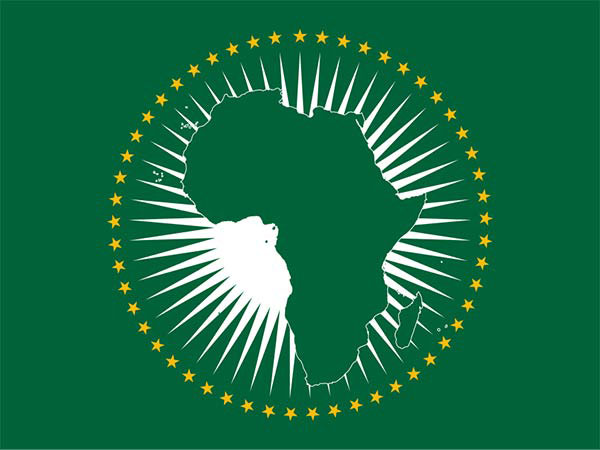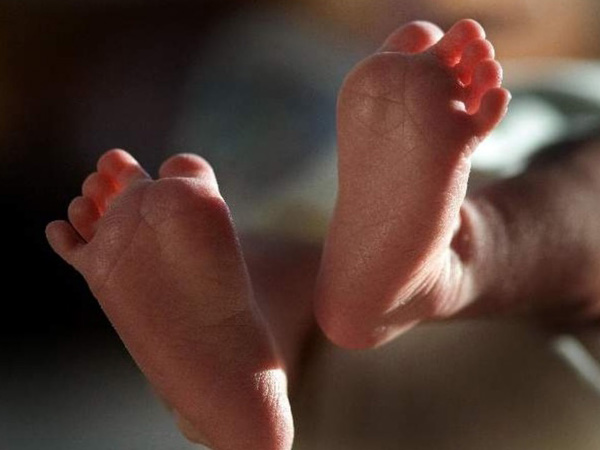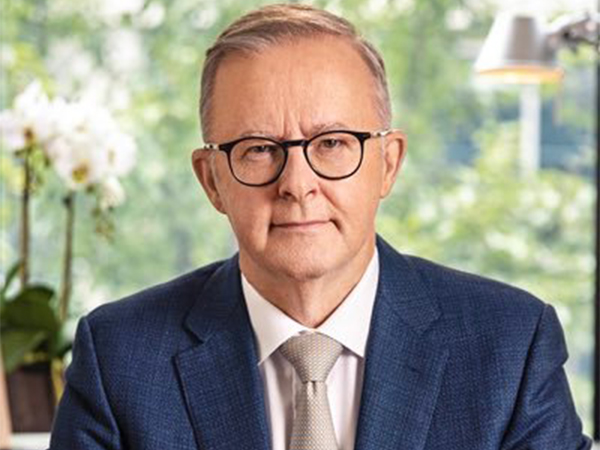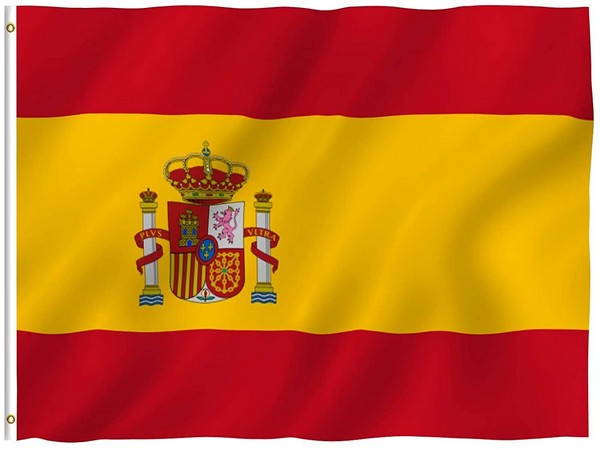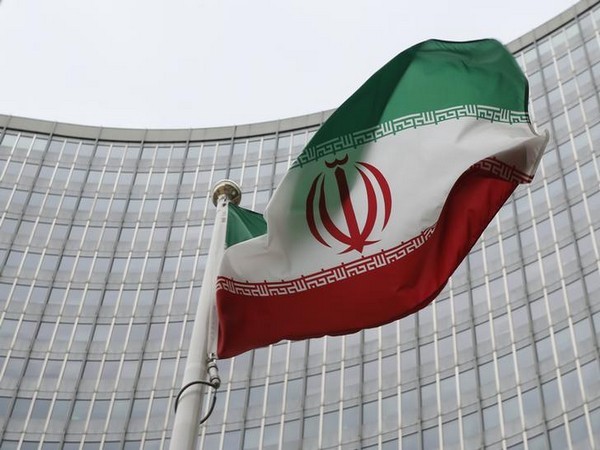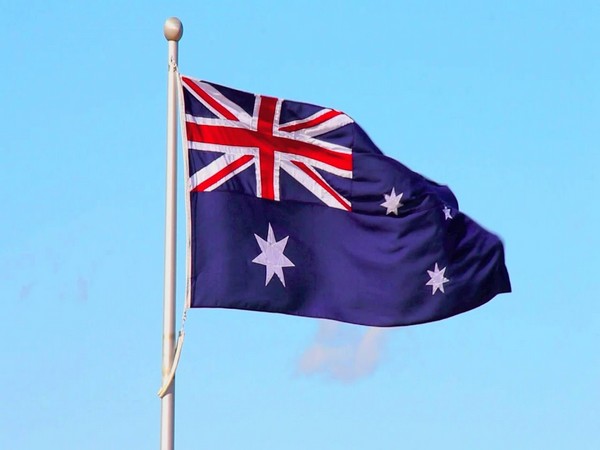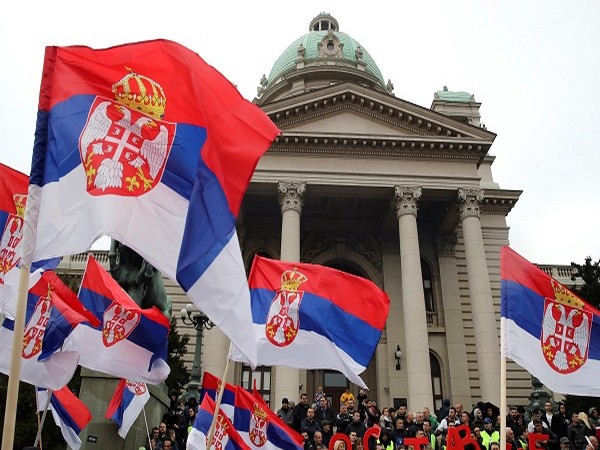
Krkobabic: For people with knowledge and skills who work in underdeveloped areas, three times higher earnings
Dec 30, 2022
Belgrade [Serbia], December 30:Even regional development and the survival of the villages of Serbia require a clearly defined political will, people with knowledge and skill, and a lot of money, said the Minister for the Care of the Village Milan Krkobabic today.
Summarizing the results of the implemented programs of the Ministry for the care of the countryside in the past year, he announced new initiatives.
"For people with knowledge and skills - agronomists, technologists, veterinarians, doctors, dentists, who are more than necessary in underdeveloped and border areas, it is necessary to ensure wages that are up to three times higher than the wages of their colleagues in urban areas," he said. is Krkobabic.
The president of the Academic Committee for the Village of SANU and the co-president of the National Team for the Revival of the Village of Serbia, Dragan Škorić, spoke about the programs of the Ministry, as well as the presidents of the commissions for the programs.
ZoricaVasiljević spoke about the financial support program for cooperatives, VladanĐokić, rector of the University of Belgrade, about the program for the allocation of rural houses with a garden, NebojšaBojović, dean of the Faculty of Traffic, presented the Program for the allocation of funds for the purchase of minibuses, and how the poet LjubivojeRšumović was prevented from attending about the Program The Deputy President of the Commission, RistoKostov, spoke about "Miholjski Meetings of the Villages".
Representatives of local self-governments and villagers, who are the reason why all these programs are implemented, spoke about the importance of the implemented programs.
"The city of Užice managed to, in addition to the funds allocated by the program for the infrastructural improvement of local communities, set aside special money for the local communities where the Mihilj village meetings take place. We allocated another seven million dinars for the improvement of the village itself. We completed a part of the road that connects between the community of Lunovoselo and the municipality of Požega, we built a children's playground within the school, arranged the center of the village and other small things. We have given ourselves the task of doing this in every local community where Miholjski meetings will be organized. Now there is a "battle" between the local a community where the next meetings will be organized by them," said the deputy mayor of Užice, Mirjana Radivojčević.
StrahinjaZlatić, who got a house with his wife in BačkiPetrovoSelo, praised the program that enables young people to return to the countryside.
He believes that this program should also include enterprises, companies and cooperatives so that young people who return to the countryside can also find work there.
Zlatić grew up in the countryside, but was educated in the city where he works, and it would mean a lot to him that now, when he is expecting his second child, he has a job closer to home.
"In my village, the most allocated house is a house. Ten years ago, many of my friends left the village, but they started to return," said Zlatić.
The President of the Rekovac municipality, AleksandarDjorjdevic, said that the allocation of minibuses for the transportation of the rural population is an excellent example of how the state should invest in municipalities.
"People are returning from cities to villages. We from small municipalities believe that the future of Serbia lies in the development of our villages. The Ministry of Agriculture has excellent programs and projects for returning people to the countryside. You give everything a village needs, namely funds for houses, cooperatives, for transport, and to that you added the Miholj meetings. Gatherings are characteristic for the whole of Serbia because only by gathering will we reach better villages and a better Serbia," Djordjević said.
In 2022, the Ministry of Rural Affairs implemented three programs with a total value of 1.2 billion dinars, the most notable of which is the grant program for the purchase of rural houses with a garden.
In 2022, 980 rural houses with a garden were purchased with funds from this program (1.08 billion dinars) and they are located in 396 villages across Serbia, in 103 local self-government units and in 22 administrative districts.
Since the beginning of the implementation of this program in 2021, 1.7 billion dinars have been allocated, 1,631 rural houses with gardens were purchased in 570 villages located in 119 units of local self-governments in 27 administrative districts, thus providing a home in the countryside for 5,000 people who have 2,250 children (1,200 families, 200 young farmers and 231 single parents).
The cheapest house costs 399 thousand dinars, it is located in the village of Torak, municipality of Žitište, it has 64 square meters and seven acres of land. The maximum amount of 1.2 million dinars was reached by houses in the municipalities of Sombor, Sečanj, Zaječar, Ćuprija, Bojnik.
The house of 134 square meters with the largest garden of 2.5 hectares is located in the Valjevo village of Dedevci. It is now the property of a young farmer who has 21 a year.
The average age of the house winners is 29.8, and 300 applicants moved from the city to the countryside.
The most houses in two years were bought in BačkaPalanka, 110, followed by Sombor with 93 houses. In the south of the country, the most houses were bought in Knjaževac, Aleksinac, Pirot, Dimitrovgrad, Leskovac, and one each in Medveđa and Bujanovac.
The village in which the most houses were allocated is BačkoPetrovoSelo with 55 houses.
Based on the Grant Program for the purchase of minibuses for the transport of the rural population, this year 17 local governments received a total of 120 million for these purposes.
Among them are nine local self-governments that are in devastated areas, and six in the fourth group of development, one belongs to the third group of development, and one to the second.
Transportation is provided to 368 villages, of which 198 are at an altitude of over 500 meters, 1,300 passengers will use minibuses on 49 lines per day.
In 2021, 18 local governments received funds for the purchase of minibuses.
In total, in two years, 35 local self-governments received funds for the purchase of minibuses with allocations from the budget of 238 million dinars, of which 28 belong to the fourth group of development and devastated areas.
In this way, the problem of rural population transportation was solved in 847 villages of Serbia, of which 517 villages of these municipalities are located at an altitude of over 500 meters. 3,800 passengers will use this mode of transportation daily.
On the basis of the grant program for the organization of the event "Miholjski meeting of the villages", this year 87 local governments received money for organizing a one-day or multi-day event in their villages, which supports the cultivation of culture and tradition, contributes to the enrichment of social and sports life.
43 million dinars were earmarked for this program, and 1,289 villages with 150,000 participants and visitors participated in it.
In total, in 2021 and 2022, 250,000 participants and visitors contributed to the enrichment of social and sports life in over 1,800 villages throughout Serbia.
Up to 500 thousand dinars were awarded per application, and a total of 71 million dinars was allocated for this program for two years.
In 2023, the Ministry of Rural Care plans to continue the program of allocating funds for the purchase of rural houses with a garden. Before the end of the competition, the Ministry received 13 to 15 requests per day, so the projection is 5,000 requests on an annual basis.
With the realization of all those requirements, about 15,000 people (7,000 children and 9,000 adults) would stay or move to the village for the next year.
Solving the problem of the mobility of the rural population, especially in the marginal, bordering parts of the country, is also foreseen, in a complete, integral way. There is a readiness of the Faculty of Traffic to prepare a comprehensive study.
The plan of the Ministry of Rural Care for the next year is the continuation of the other two programs from this year, as well as the fourth, currently current program for the development of cooperatives through the allocation of grants, which was implemented for four years through the Cabinet of the Minister for Regional Development and in 2021. through the Ministry of Rural Care.
Since the beginning of the implementation of this program, more than 1,000 new cooperatives have been formed, while in the previous period, about 100 cooperatives were closed annually, and there were almost no new ones.
Since 2017, the work of 207 cooperatives has been financially supported in the total amount of 2.13 billion dinars (37 farming, 34 fruit and wine growing, 32 livestock and 32 for fruit processing, 19 beekeeping, 17 vegetable, six for processing medicinal plants, one social and tourist).
With all four programs of the Ministry of Rural Care, 1,527 villages in 129 local self-government units in Serbia (out of a total of 179) are covered.
The plan for 2023 also includes the Program for the adaptation or reconstruction of cultural centers or cooperative centers in villages into modern, multifunctional facilities, for which 154,770,000 dinars have been allocated in this year's national budget, and which will bring health care, necessary administrative services closer to the rural population. cultural contents and be a place for their socialization and social life.
It is planned that such a facility will have five units - a clinic with a pharmacy, a municipal/post office, a cinema-style hall with a stage, a club for young people with an internet corner and a club for pensioners.
The program of starting economic activities in the countryside aimed at the renewal of old crafts, new crafts, independent shops, rural tourism and all activities that are necessary for the normal functioning of the village.
Source: Beta News Agency
